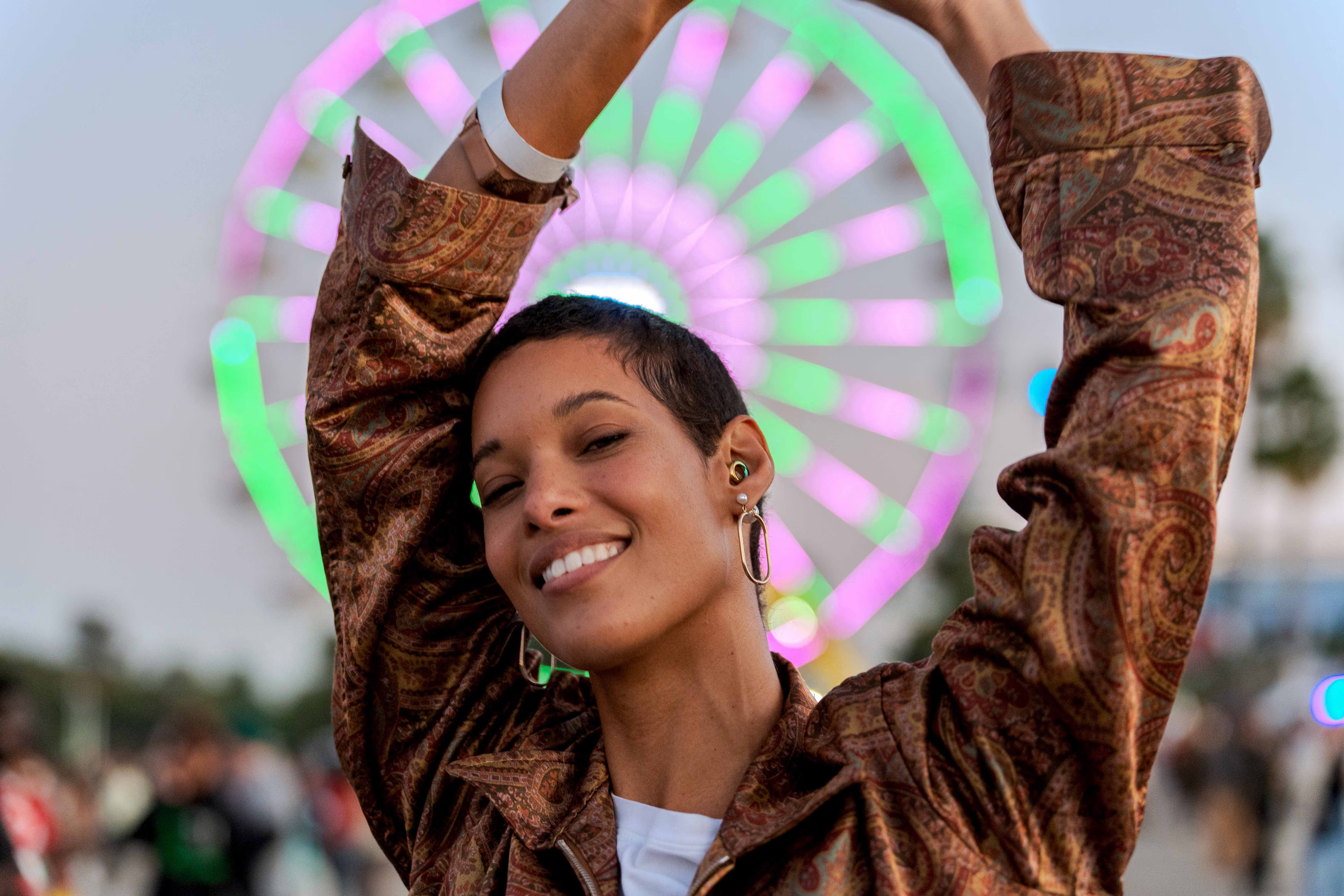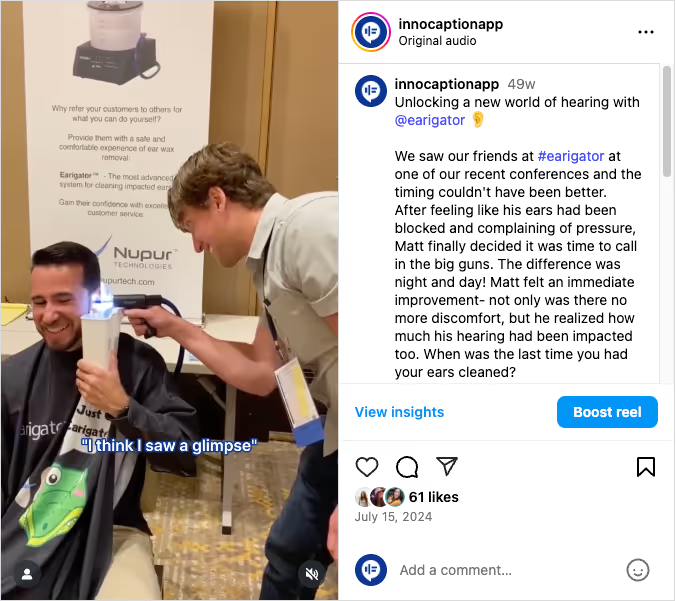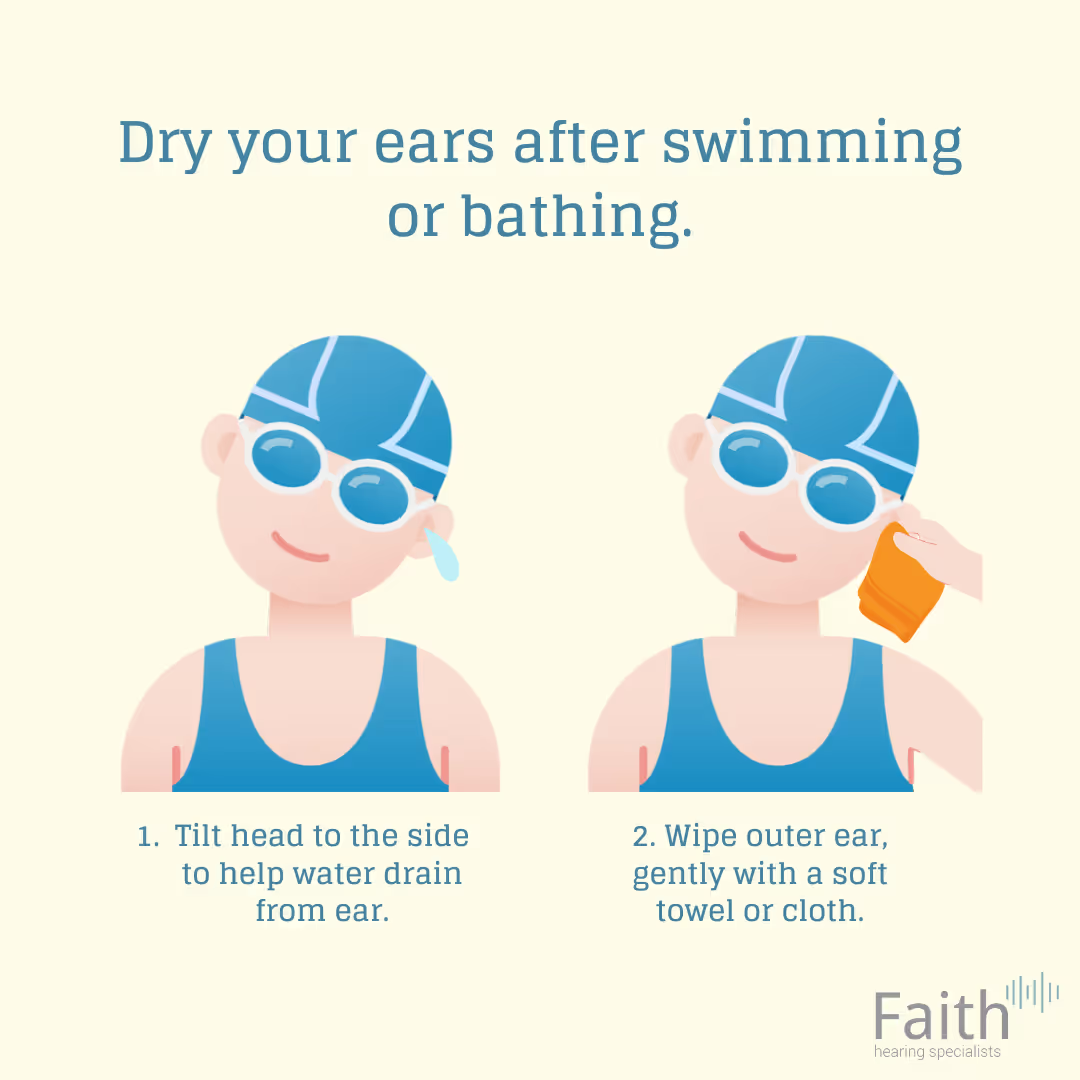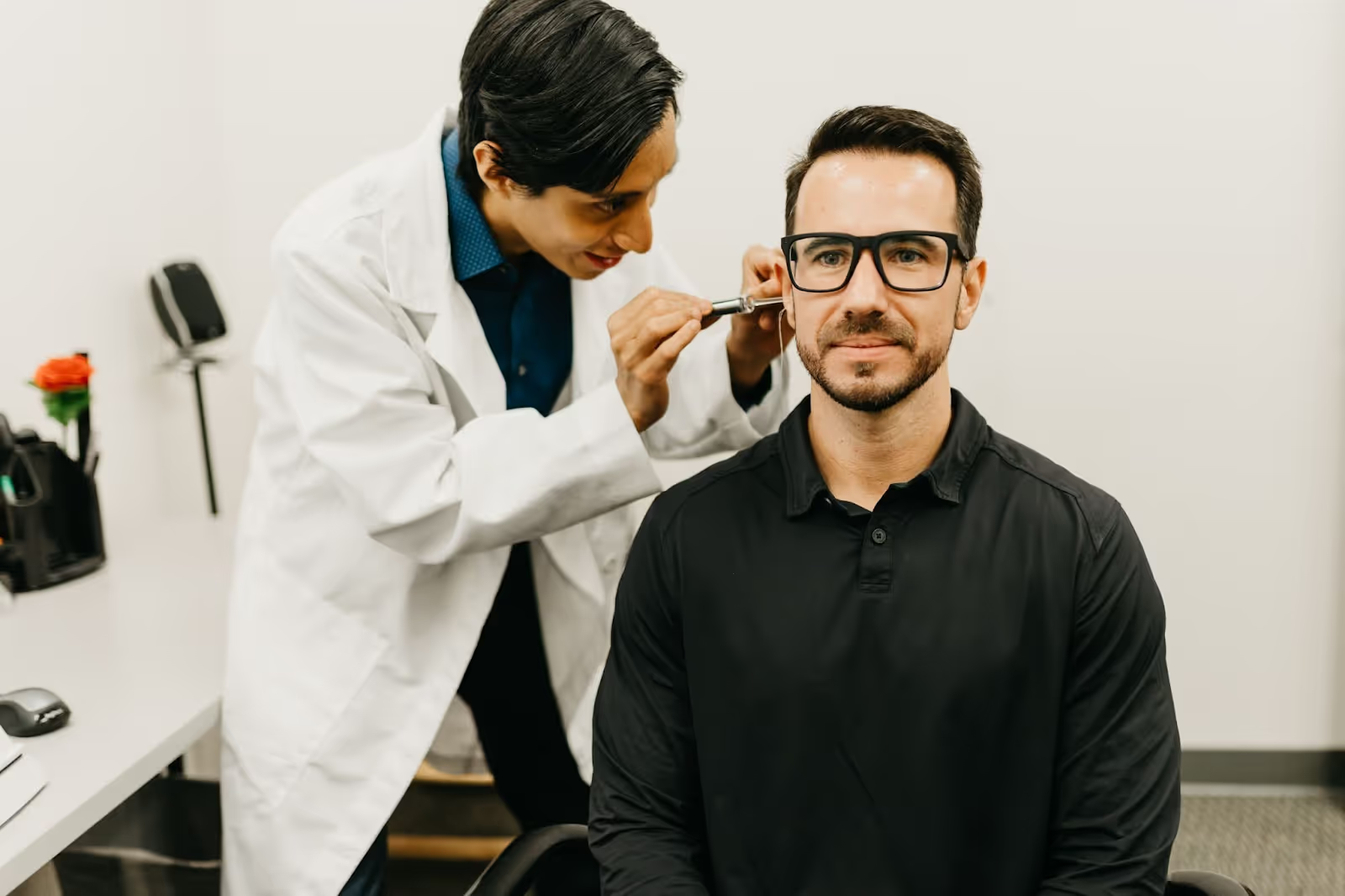Hearing is a vital part of how we experience the world — it lets us engage in conversations, enjoy music, and stay connected to the moments that matter most. But loud environments, personal listening habits, and everyday noise can quietly put your hearing at risk.
The best part: noise-related hearing loss is preventable. By taking a few simple steps now, you can protect your hearing and continue to enjoy life’s sounds fully and confidently — whether you're dancing at a summer festival, cheering at a game, or enjoying a quiet evening at home.
Our daily environments are filled with potentially harmful sounds: traffic, lawn equipment, concerts, and even common household appliances. According to the CDC, about 1 in 4 adults who report “good” or “excellent” hearing already have measurable hearing damage.
Did you know?
(Source: Centers for Disease Control and Prevention)
Unlike other injuries, damage to the delicate hair cells in your inner ear cannot be reversed. Protecting your hearing now ensures you’ll continue to enjoy your favorite playlists on sunny road trips, laughter around a campfire, and quiet moments at home for years to come.
Noise levels above 85 decibels (dB) can cause permanent hearing loss over time. Even brief exposure to sounds above 120 dB — like fireworks or live concerts — can result in immediate damage.
Common noise levels:
Key takeaway:
If you need to raise your voice to be heard at arm’s length, whether at a summer festival or a holiday party, the sound level is likely too high.

Earplugs and earmuffs can significantly reduce your risk of hearing loss in loud environments.
How to choose and use:

Headphones and earbuds can reach unsafe volume levels, especially outdoors or in noisy settings.
Smart listening habits:
Continuous sound exposure can lead to hearing fatigue and long-term damage.
Ways to rest your ears:
Cotton swabs can push wax deeper and cause injury.
Safer options:

More than 200 medications — including certain antibiotics and chemotherapy drugs — can harm hearing, a side effect known as ototoxicity.
How to stay safe:
Moisture can lead to infections that affect hearing, especially after swimming or heavy sweating.
Tips for preventing moisture issues:

A balanced diet and active lifestyle help support blood flow to the inner ear and protect hearing.
Key nutrients and habits:
Chronic stress can restrict blood flow to the inner ear and worsen tinnitus symptoms.
Effective strategies:
Early detection allows for quicker intervention and better outcomes.
How to stay proactive:

Your hearing connects you to music under the stars, laughter at family reunions, and the simple joy of birdsong in the morning. By taking small steps now — understanding noise risks, using ear protection, adopting healthy habits, and scheduling regular check-ups — you’re investing in your future self and all the moments you cherish.
Start today. Your ears, and all the sounds you love, will thank you.
Explore more hearing health insights and resources on our blog: Can Deaf People Hear Their Thoughts?
InnoCaption provides real-time captioning technology making phone calls easy and accessible for the deaf and hard of hearing community. Offered at no cost to individuals with hearing loss because we are certified by the FCC. InnoCaption is the only mobile app that offers real-time captioning of phone calls through live stenographers and automated speech recognition software. The choice is yours.